Al-Kadhimi: Remembering Anfal inspires us to prevent return of dictatorship
Genocide 01:23 PM - 2021-04-14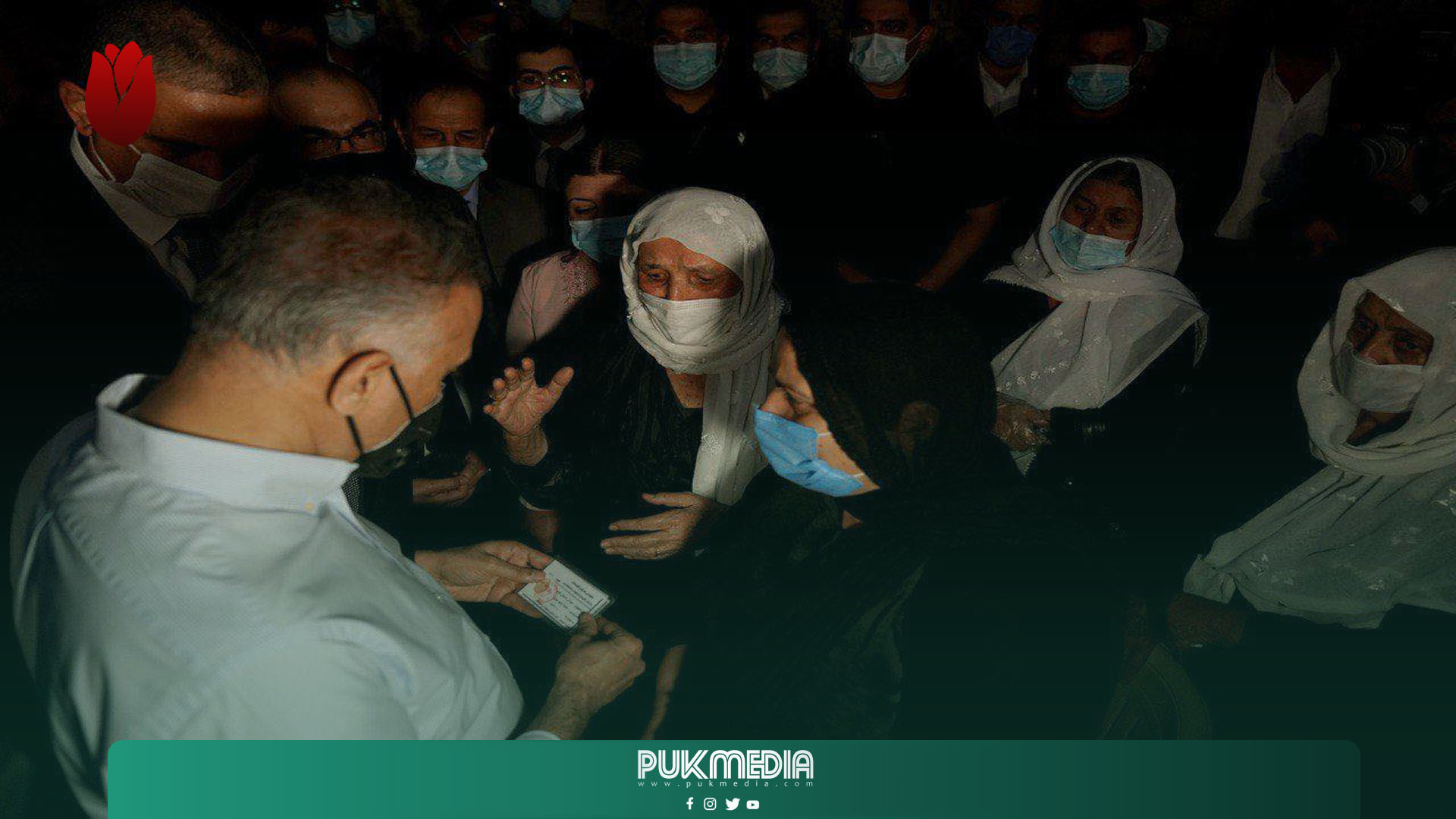
.
Iraq's federal Prime Minister Mustafa Al-Kadhimi issued a statement on Wednesday on the occasion of the 3rd anniversary of the Anfal crimes that the people of Kurdistan were subjected to.
Al-Kadhimi said in the statement:
"Today is the 33rd anniversary of the start of the Anfal crime campaigns committed by the previous regime against our Kurdish people, which resulted in tens of thousands of victims and the disappearance of large numbers of them in its dark prisons, destruction of hundreds of Kurdish villages, and the displacement of their people in a painful tragedy that humanity denounces.
Recalling the grief and sadness of this painful occasion, we stand with reverence and gratitude for the martyrs and victims of this crime, and that remembering it annually inspires all governments to work hard to prevent the return of dictatorship in any of its forms, and to reject everything that would revive the policies of discrimination, exclusion, and marginalization. Recalling these brutal crimes committed against the Iraqi people confirms that the democratic, reform, and peaceful coexistence approach is the way to a bright Iraq dominated by peace, love, and tolerance and that the country's unity, dignity of life, and justice is the goal and basis that makes Iraq a secure, stable and strong country with its people and its land."
History of the Anfal campaign
The Anfal Campaign, also known as the Kurdish Genocide, Operation Anfal or simply Anfal, was a genocidal campaign against the Kurdish people (and other non-Arab populations) in northern Iraq, led by the fallen Ba'athist Iraqi President Saddam Hussein and headed by Ali Hassan al-Majid or Chemical Ali (who executed the Halabja chemical attack) in the final stages of Iran-Iraq War. The campaign takes its name from Surat al-Anfal in the Qur'an, which was used as a code name by the former Iraqi Baathist government for a series of systematic attacks against the Kurdish population of northern Iraq, conducted between 1986 and 1989 and culminating in 1988. The campaign also targeted other minority communities in Iraq including Assyrians, Shabaks, Iraqi Turkmens, Yazidis, Jews, Mandeans, and many villages belonging to these ethnic groups were also destroyed.
Sweden, Norway, and the United Kingdom officially recognize the Anfal campaign as genocide. On December 5, 2012, Swedish parliament Riksdag adopted a resolution by the Green party to officially recognize Anfal as genocide. The resolution was passed by all 349 members of parliament. On February 28, 2013, the British House of Commons formally recognized the Anfal as genocide following a campaign led by Conservative MP Nadhim Zahawi.
The Anfal campaign carried out by the dictatorial regime of Saddam Hussein against the Kurdish civilian population began on February 22, 1988, and continued until September 6 of the same year, and is considered one of the most dangerous pages of government mass killing in the history of Baathist rule in Iraq. The army and regular forces directly, including (the First Corps, which was based in Kirkuk, the Fifth Corps, which was based in Erbil), the Air Force, the Special Forces, the Republican Guard, the Commando Forces, the security and intelligence services, military intelligence, the chemical and biological weapons departments, in addition to all service departments that have been put in the service of carrying out these operations.
PUKmedia
More news
-
Media & Awareness Bureau Receives Russian CG
08:28 PM - 2024-04-18 -
PUK President: We Support Yazidis in Protecting their Rights
04:51 PM - 2024-04-17 -
DPM Talabani: Elections Must Be Held Promptly Without Further Delay
05:53 PM - 2024-04-16 -
PUK & UNAMI Emphasise Holding Timely Elections
05:28 PM - 2024-04-16
see more
Leadership Council Publishes Official Statement on Thursday’s Meeting
07:48 PM - 2024-04-18
IHEC Determines Kurdistan Parliamentary Election Campaign Date
01:37 PM - 2024-04-18
PUK President: Elections Would Develop Our Experience
05:06 PM - 2024-04-17
The 8th Sulaymaniyah Forum Takes Place Today
10:33 AM - 2024-04-17
Most read
-
Leadership Council Publishes Official Statement on Thursday’s Meeting
P.U.K 07:48 PM - 2024-04-18 -
PUK President: PUK is Ready for Elections
P.U.K 09:29 PM - 2024-04-18 -
Media & Awareness Bureau Receives Russian CG
P.U.K 08:28 PM - 2024-04-18

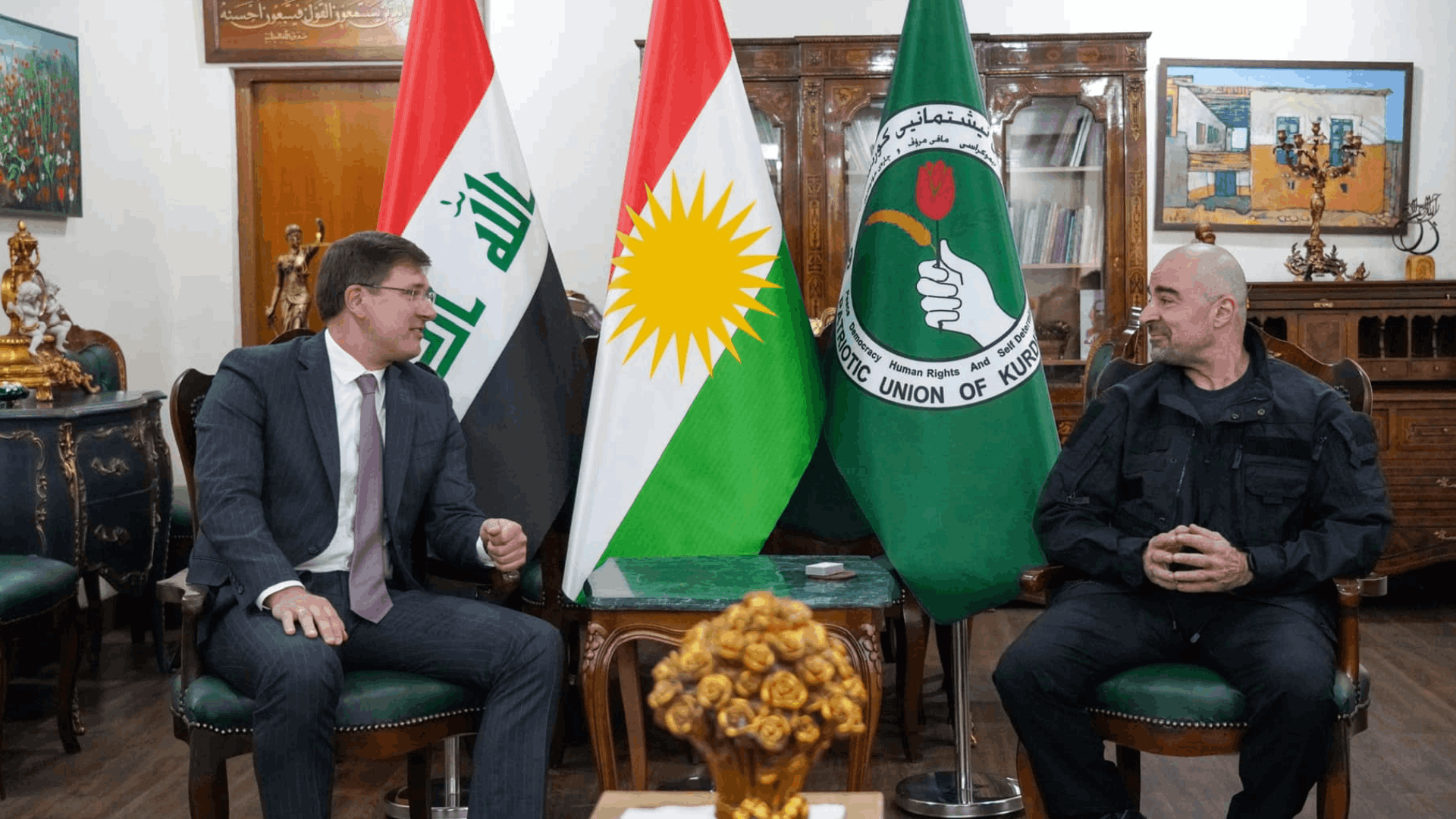
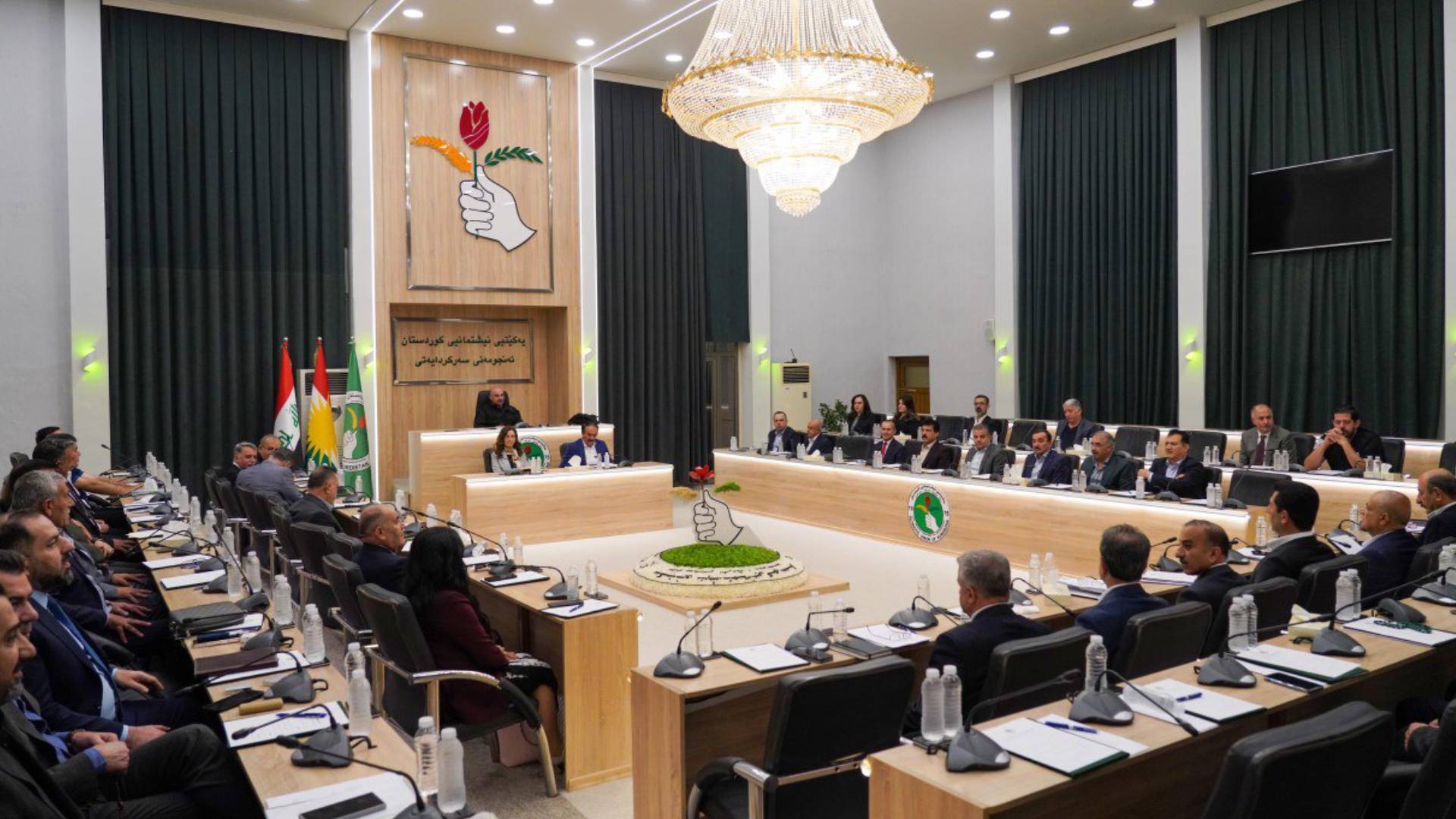
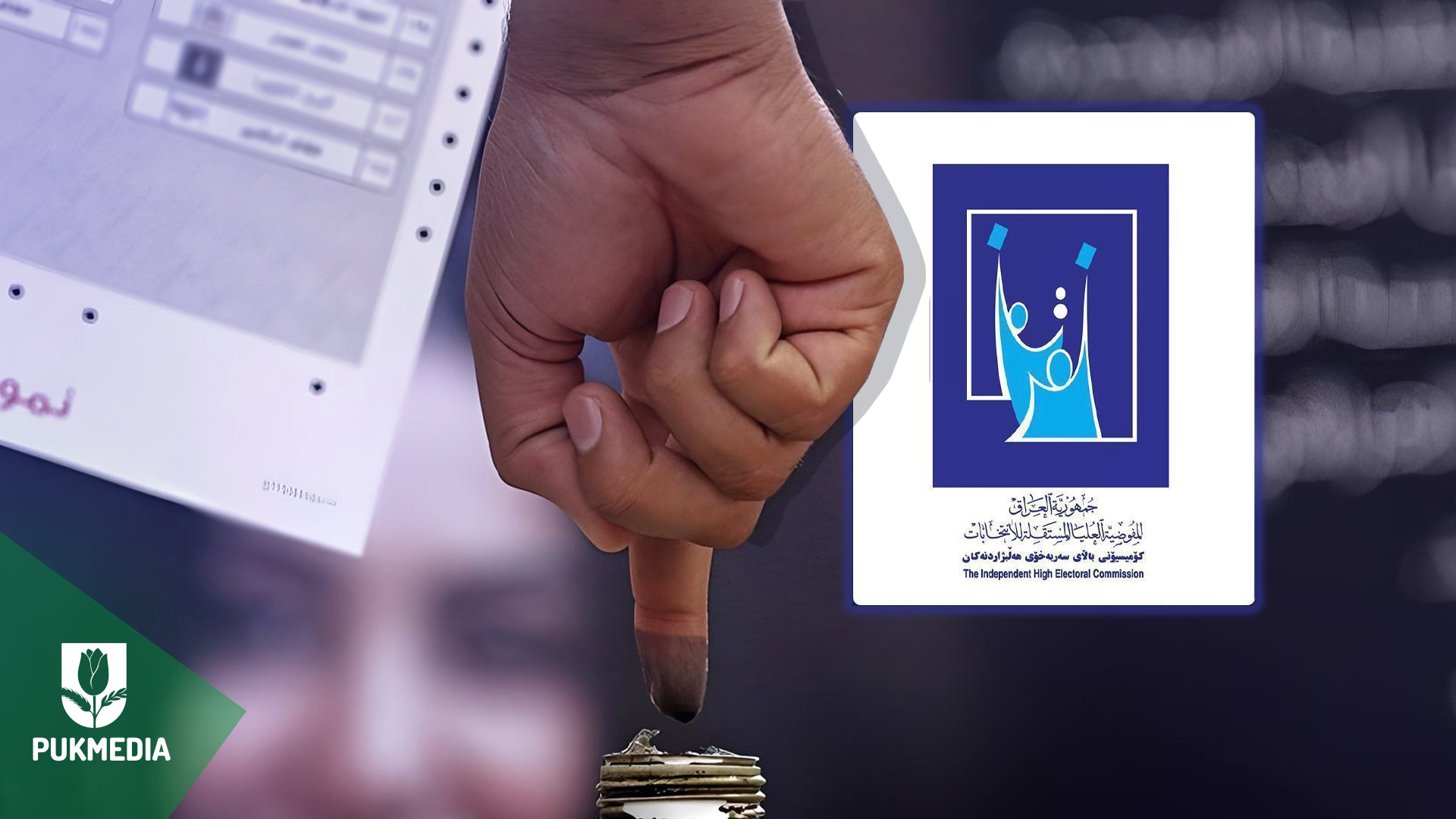
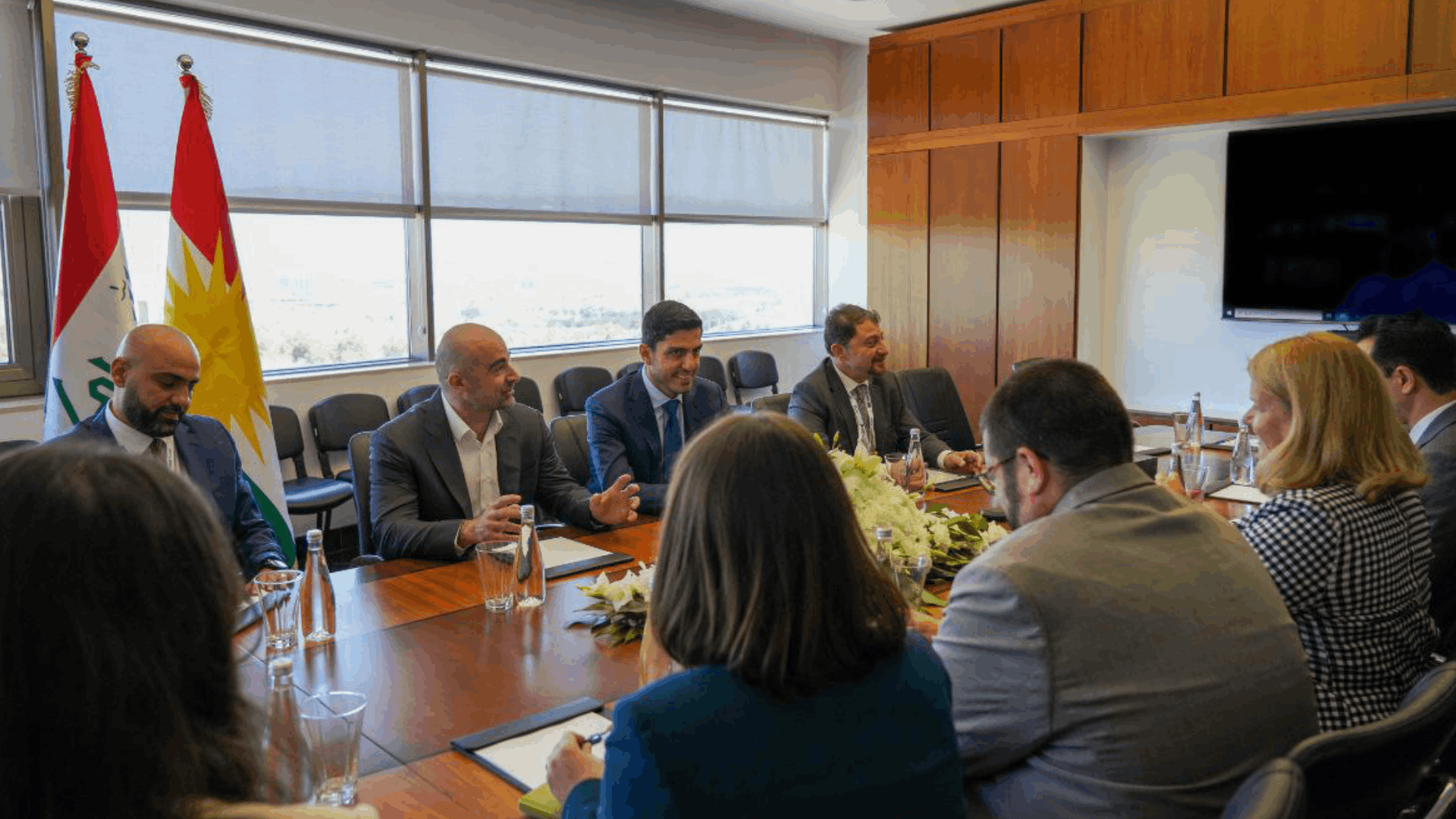
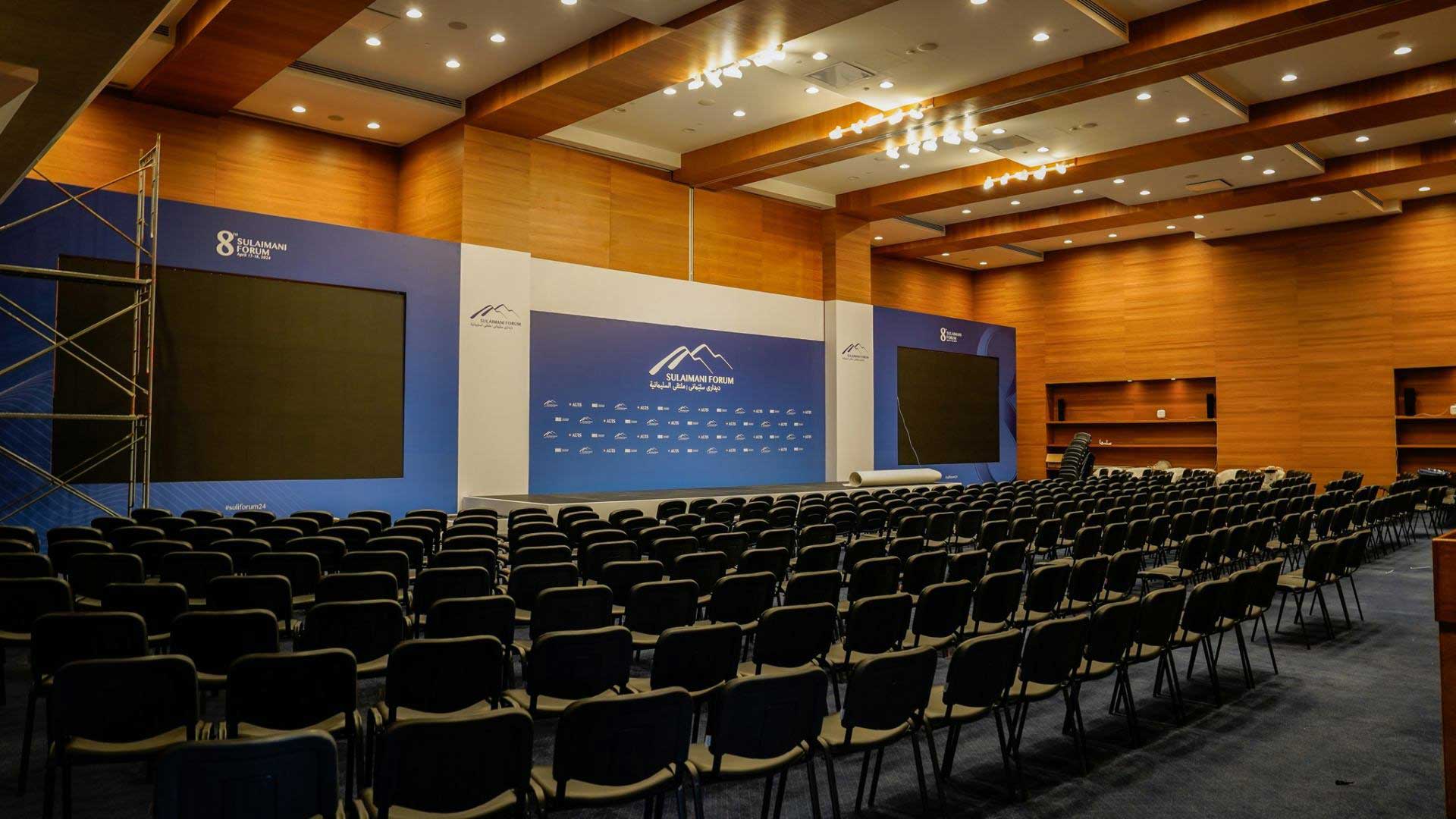
 Application
Application


